It started with a lack of ease. Something quietly inside me that just niggled. And the way this type of anxiety works is pretty much a game of blindfolded pin the tail on the donkey. The direction, the source and the aim of this discontent cannot be diagnosed. That in itself of course causes angst. Angst on angst, a perfect cocktail of messy insecurity. But it is in great chaos when great growth can happen – it just requires some openness as India kept whispering to me from a great distance.
The drive to go to India for the first time wasn’t terribly original for me (the year was 2010 I think). I watched the movie “Eat Pray Love” and then I read the book (twice). And there is a scene where the Julia Roberts (I know, I know) character says to her friend (and I paraphrase): “I used to have a hunger for my life. And it’s just gone”. It didn’t take much more than that scene to set me off on a quest to find that hunger again. Lest I forget that I was hungry at all. At first I cried. A lot. And then I booked the very next flight I could find to Bombay.
Nothing can prepare you for India. No guidebook, no old time traveler advice, not a Hazmat suit and definitely no cognitive processing. India is all about heart and just being with your real true feelings. So thinking is just not necessary here. I’ll spare you the details of getting to the city but what is worth mentioning is the smell long before you reach the destination you've pictured in your mind’s eye.
It’s soon before landing time and the plane is circling the great city of Mumbai (or Bombay if you’re with Salman Rushdie). The night is dark, propped up by a haze, and midnight’s sensibility. It’s a befuddlement of human life that rises straight into the sky and swathes the plane. The magical realism of the country starts right here, as the smells of food, color, people, farm and street animals - another life - drips drips drips into the cabin. I feel it, and people around me feel it, spreading like a curling smoke. I can't touch it; I can almost not describe it. But oh boy I can feel it. The world is different here. It’s magical.
The noise comes first. The friendly honking that says “careful, sorry, here I am, yes thank you” opposed to the New York taxi murderous scream. Lazy cows with raffled strings around their necks let out their pule. Kids squeak nearby and run barefoot across the gravel covered potholed road to a devastated soccer ball. And I am just standing outside the airport terminal at this point, in the middle of the night. Faces are asking me questions but I don’t speak. I just let it all rinse over me.
It’s India so a rickshaw just makes sense. I gather my small bag and hop into the nearest yellow and black machine. Without a word the driver takes off dashing through the crowds of people, the dust and the life I just uncovered. We hit potholes and the Bollywood jingles get louder as the stereo underneath me vibrates. The gods are all with us – tiny statues of Ganesh (my elephant friend), and Hanuman (my monkey friend) stare at me from the dashboard. They’re crowned with flowers and shiny raffia that create some kind of talisman that will either make us drive faster or protect us from crashing. Perhaps both?
The next few days blur into a supernatural bliss. Roaming the streets of Mumbai I eat where the locals feast on the streets at carts without the tiniest Western thought that I’d ever get sick. I go to the movies to see a new Bollywood dancing hit – we stand to the national anthem before the showing. I walk on the city’s beaches and promenades and ride on the back of a sexy stranger’s motorbike in the organized chaos of a city that heaves with love, hate and everything in between. It’s humid but the wind from the ocean finds you when you need it most. A moment through an old rusty door leads to an alley where incense smells like pure fresh sweat and eyes find you. That’s when the breath of the sea delights...I’ve acclimatized; it was time to do the work.
A quick flight to Dehradun airport, north of New Delhi, delivers the quiet mountain life. I take a taxi to Rishikesh in an area of India called Swargashram, or literally “Heavenly Abode.” Even saying the word feels like you need to whisper it slowly, roll it off your tongue, spit it out gently and then gasp for new air. This was the place of “rishis” or as the Hindus believe - the place of “seekers.” These “sages” after intense meditation somehow realized truth or truths and if that wasn’t enough also gained eternal knowledge – which they then composed into hymns. No wonder people come here and never leave.
The river, the great Mother Ganges, is what comes into sight first. Its eternal movement evident, its giving of life obvious. Filled with overloaded motorbikes, people carrying pots for their shopping and several monkeys, a bridge appears that crosses this great source of water. I walk over the bridge cautiously and follow the signs that read Parmarth Niketan Ashram. Founded in 1942 by Pujya Swami Shukdevanandji Maharaj, the ashram attracts people from all over the planet – local Indians wanting to take stock of their lives also turn up.
The pink palace that it is invites you in with a giant statue of Shiva (in male destroyer form). The statue, now washed away after a flood, sits in the water facing the ashram and sits up straight as if always in meditation. The world here is different, but a gentle cycle of familiarity and routine happens all too fast. I check into the ashram like I would do at any hotel. I have a shower in my basic, but clean, room that I have all to myself. I am in a yoga class with a man that’s over 100 years old doing gentle asanas. I'm sitting cross-legged on the floor in a communal dining hall eating dinner with my right hand. I’m dreaming of the gods.
Mornings start, as my first did, with a yoga class before light comes to the ashram. In the semi darkness I walk to the big halls with their cold floors to set up yoga mats for other students and my teacher. Instead of the western way of exercising this is more about holding the position, doing the ultimate mind work. After a few hours of finding near perfection in these yoga postures, it’s time for breakfast with my fellow ashram crew. Food at the ashram, besides for the breakfast porridge, tends to be yellow from turmeric. Grown on the grounds of the ashram the curries (with dhal and rice to accompany) are real organic food that your body actually needs. Nothing processed, nothing artificial and, of course, no meat. The simplicity of the food, the gentle feeling of nourishment and never feeling full is what your body eventually craves.
After breakfast, and before lunch, is time for readings from the Bhagavad Gita, a Hindu scripture where prince Arjuna and his guide Lord Krishna are standing on the battlefield having a heavy discussion. I sit carefully on a tiny cushion and peel over the old books with drawings of this very battlefield and think about chivalry and how to obtain liberation not dissimilar to our prince. And then some meditation and chanting (in Hindi) is practiced to learn to shut off the senses and go to the heart – the head absent. The hardest part of my day is right here, of course.
So the body and the mind has been taken care of, nurtured if you will. And therefore it’s time to rest the eyes and let the mind seep in all this newly found wisdom.
Afternoons are for sleeping and the mountains all around rise into the blue sky with a way of holding you close. The days don’t vary too much, and that is the point. Your day, without your phone or even a book, becomes a rhythm. Your body carries you; nothing is done with the trickster mind. Eventually my heart starts to open, like a flower waiting for a bee to come do its busy work. My mind is clear, thoughts deviating into any insecurity just washes into the river. Never to be seen again.
After a few weeks of finding my happy day to day existence and pleasures in small, almost menial things like my daily seva (a cleaning as service to others) of washing yoga mats and sweeping, I feel a deep sense of peace. It didn’t come cheap, and I was thinking how it just didn’t come easy with my “monkey mind” thinking of escape or any excuse not to sit with my feelings. Early mornings, hard studying (which includes letting go of so many of my Western ideals) and endless yoga and breathing (pranayama) classes aren’t easy even as they drift into a sort of beauty.
I run into the ashram’s director one morning and I beam as I tell her how content I feel and how happy I am. She smiles quietly at me. “Well..” she says, “It’s easy here at the ashram. What else are you going to do?” At first I was stunned: “Easy? This?” And then she said, “When you leave next week and go back into the real world, that is when the work starts.”
Off with my ego’s head.
She told me to stand in the Great Ganga until I let my ego go, as much as I could. She told me to stand in the freezing cold water that moves down the Himalayas at a rather rapid pace until I let everything that ever held me back from my truth completely go. I kept some underwear on and stood in the water meditating. I stood for a long time. A very long time. I lost myself, my ego, my religion and every judgment I ever had about myself. I watched with my mind’s eye as the water took it all away. I emerged from the water next to the statue of Shiva (now my mirror). I was no longer the version of myself I held so dear. I was no longer the persona of myself. I emerged with a hunger for this life and I was finally a witness.
A witness of myself.
If, no WHEN you go:
Book accommodation and yoga programs online at the ashram’s website: www.parmarth.com

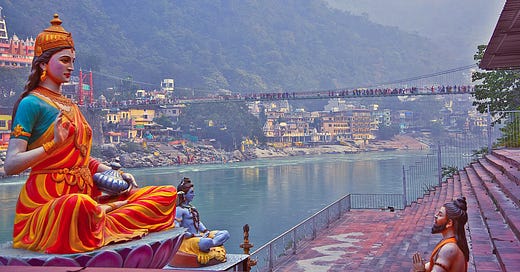




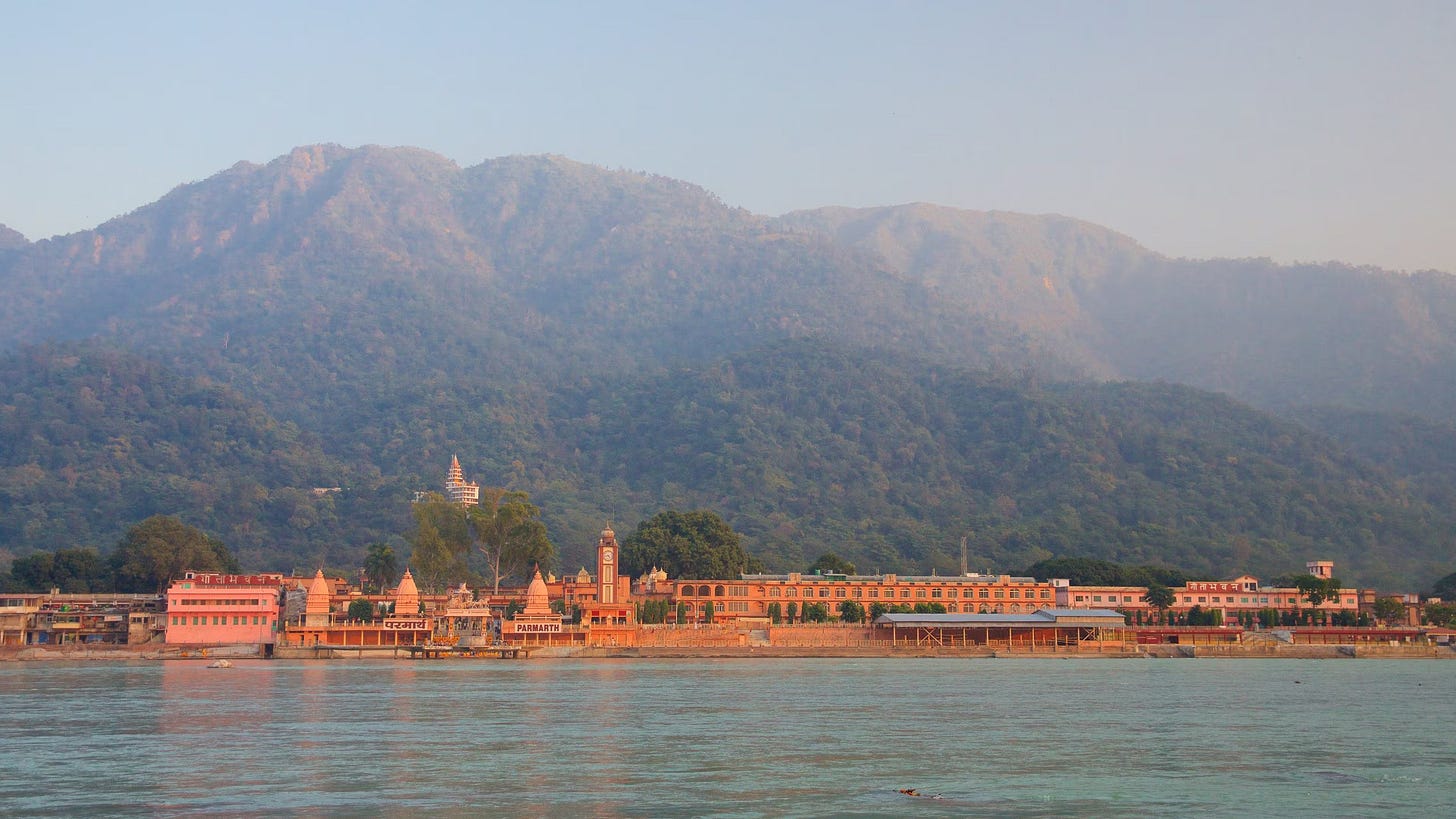
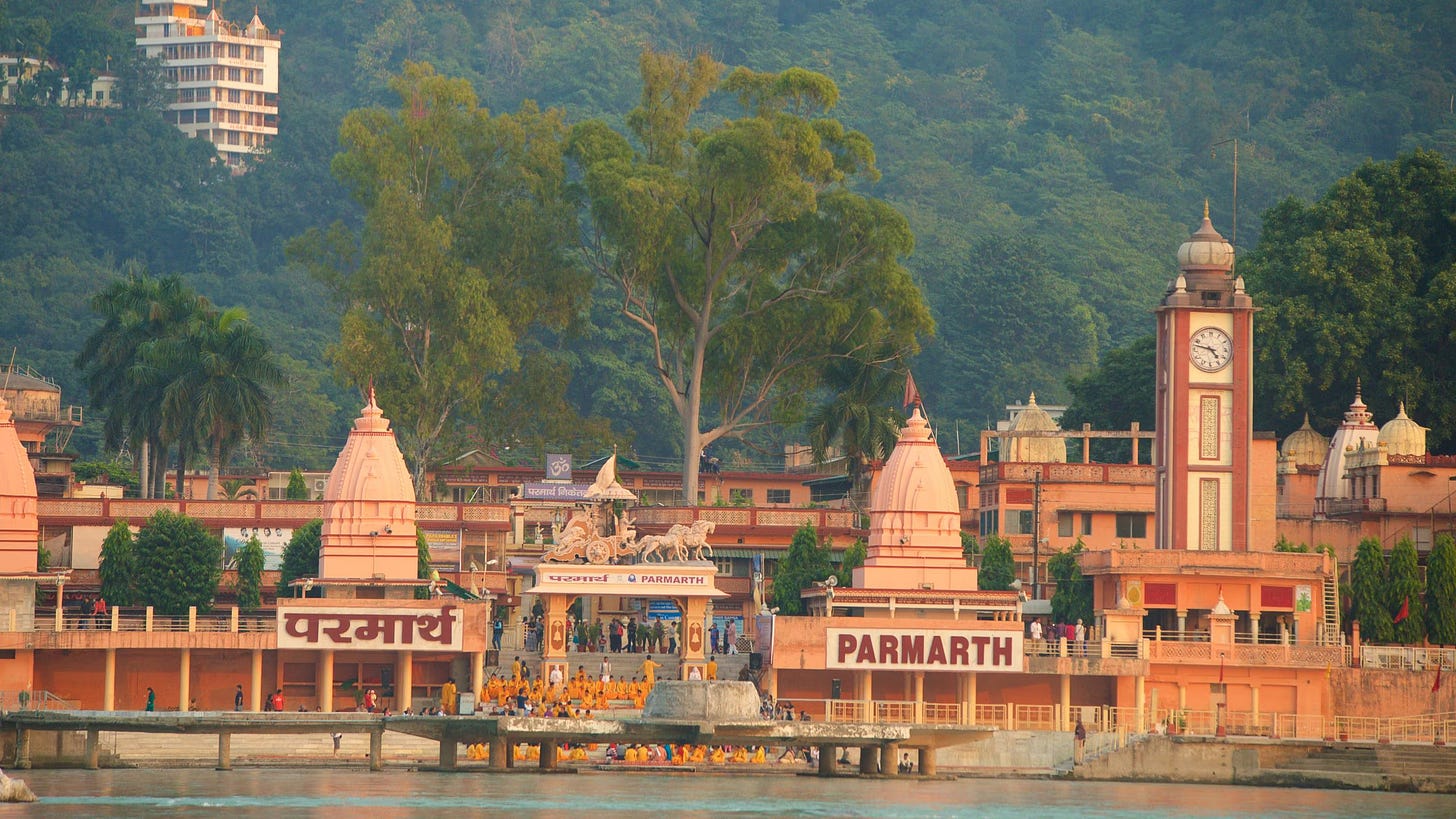
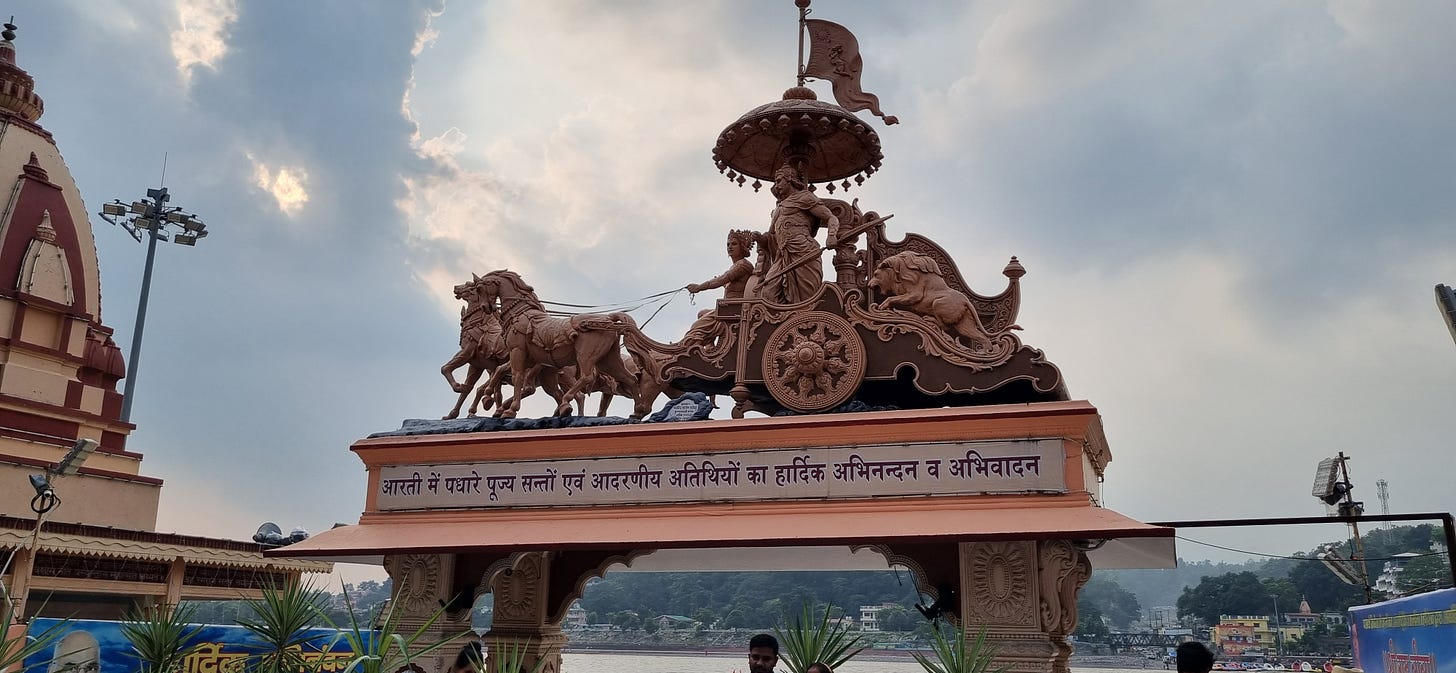
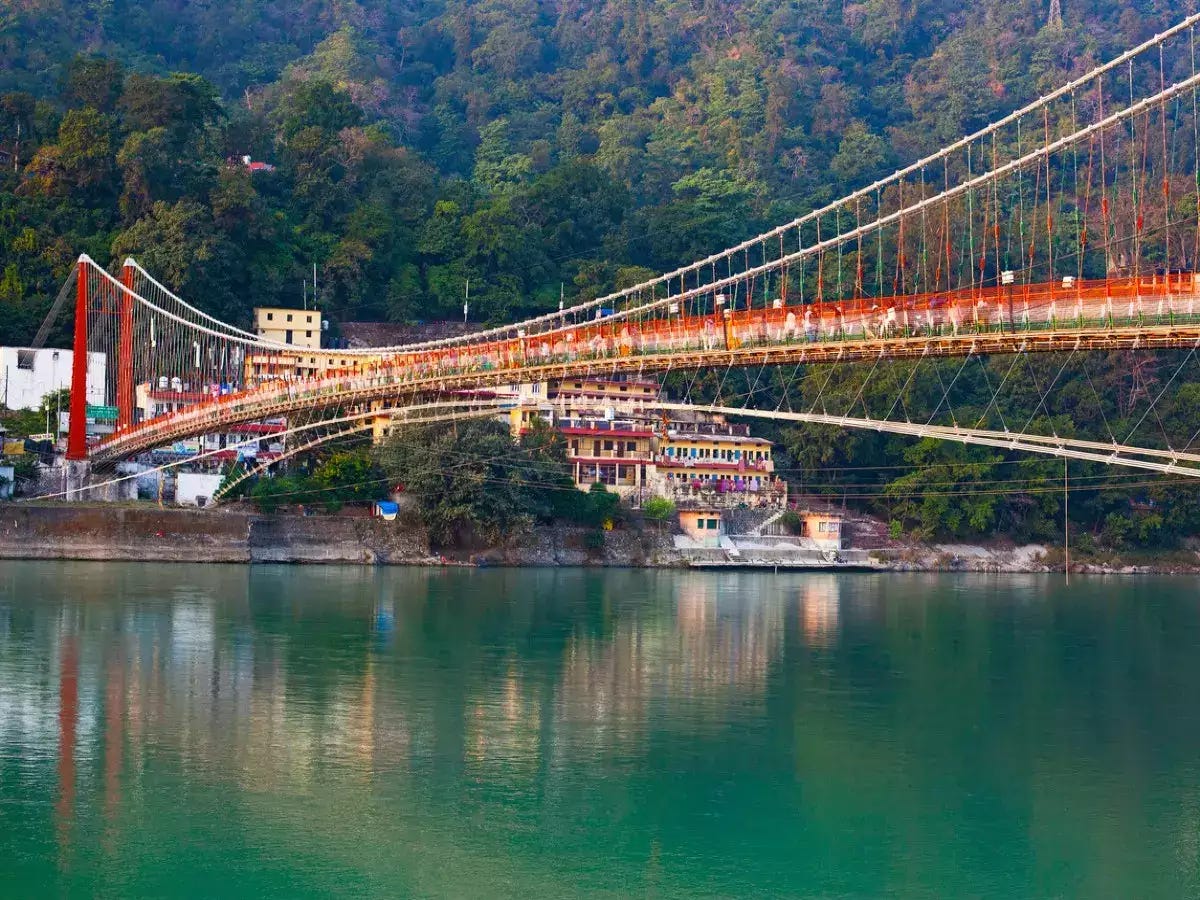

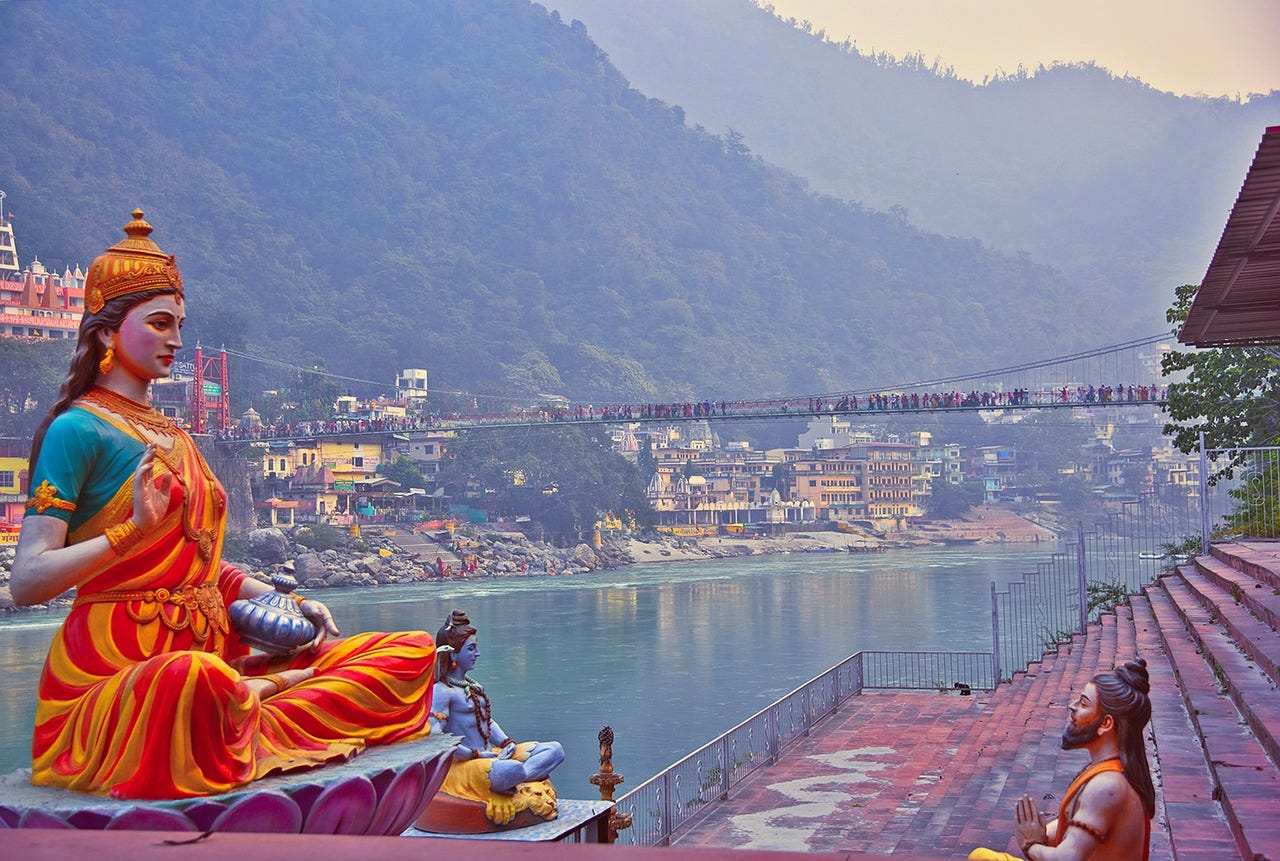
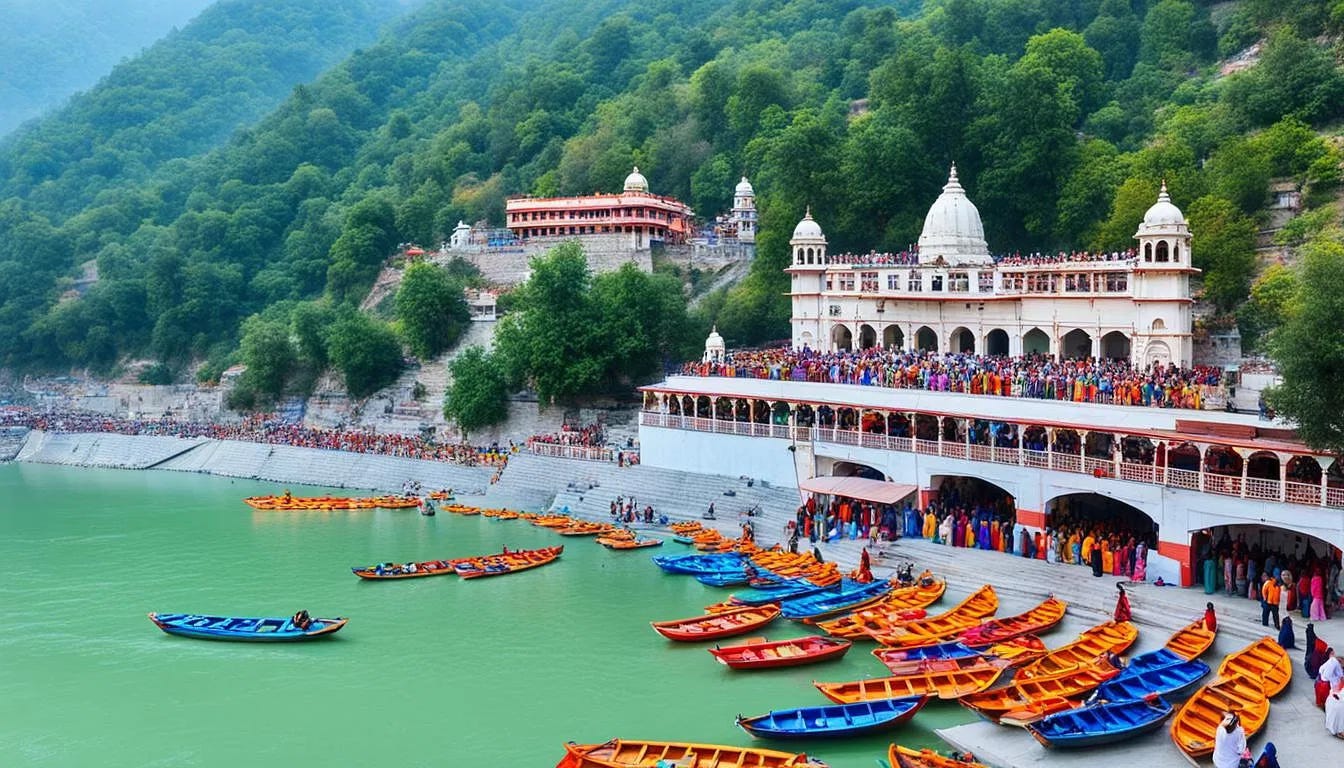
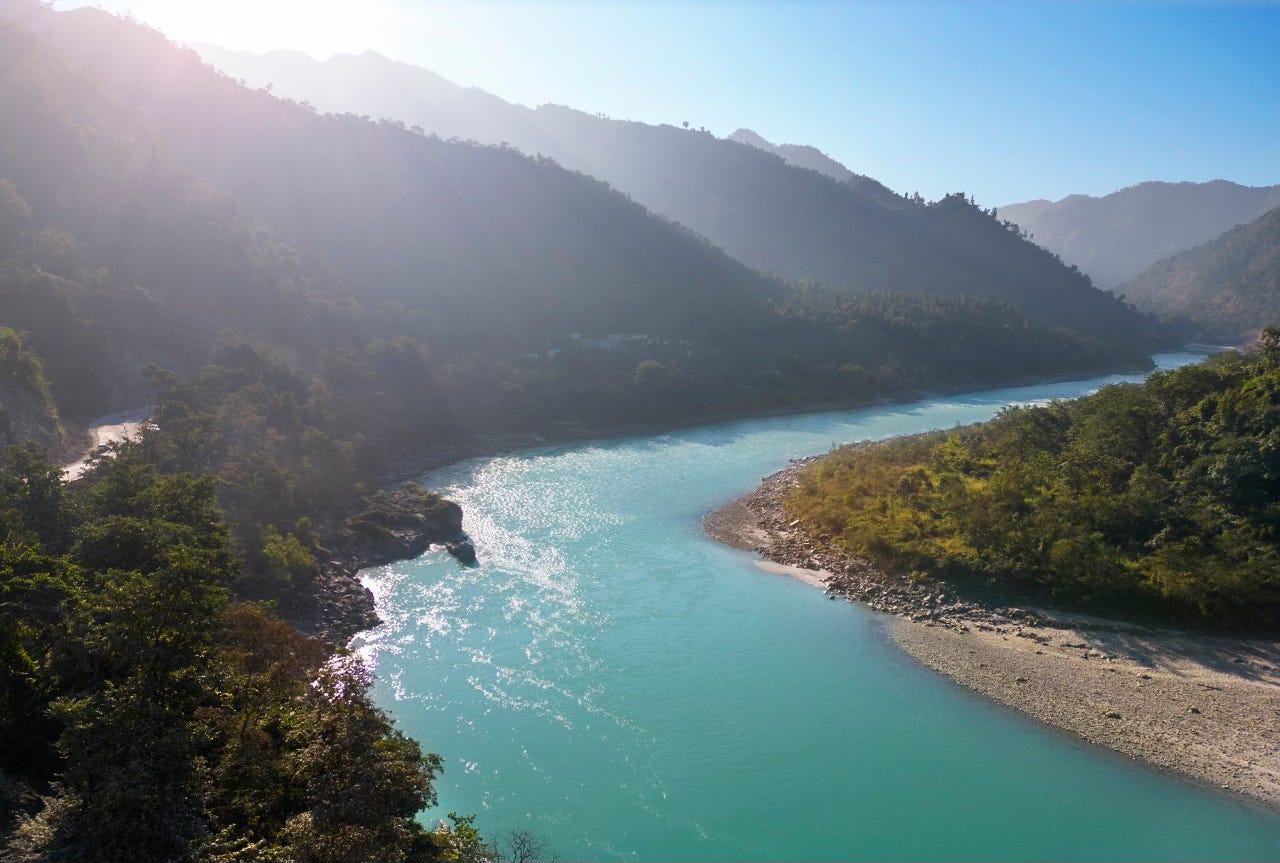
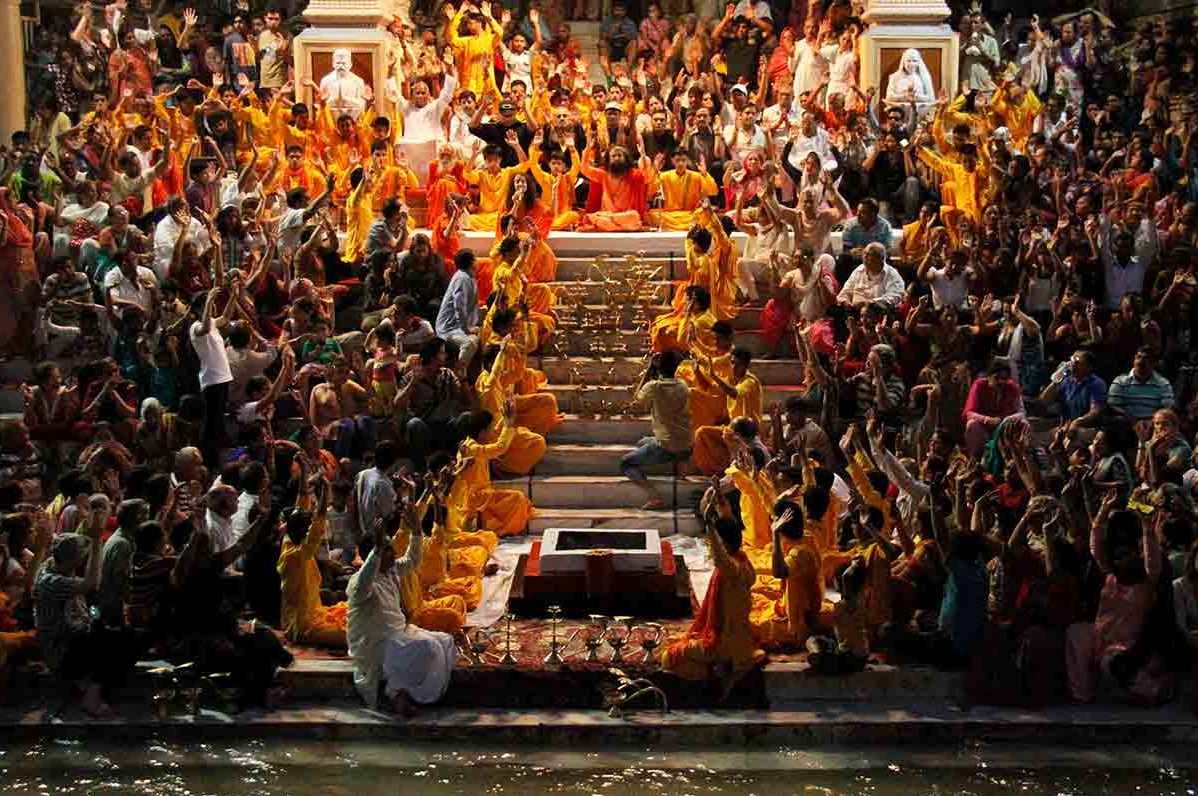
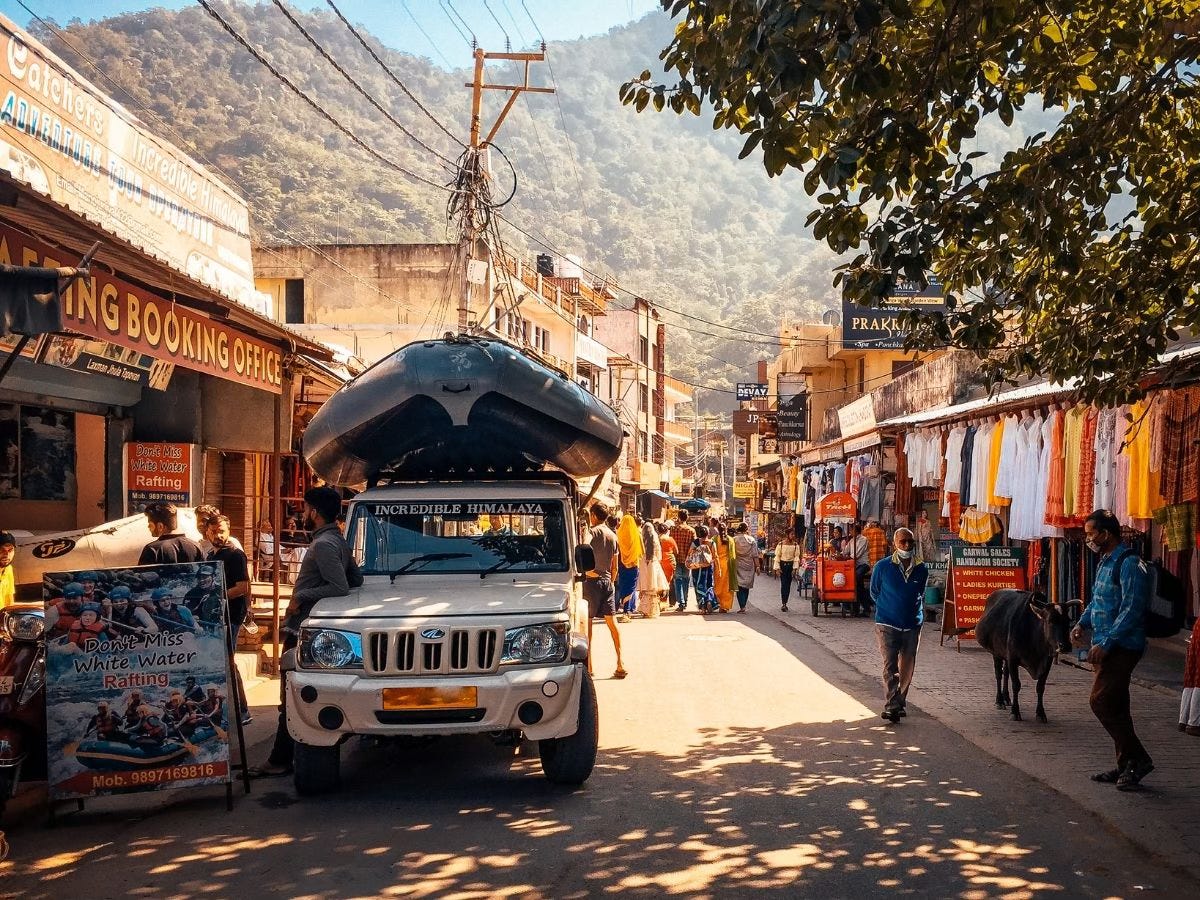
Emptyness bravo Daniel!